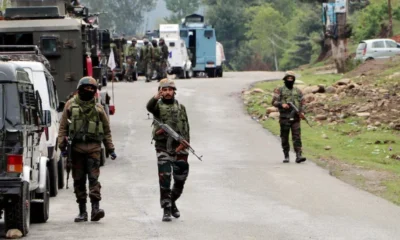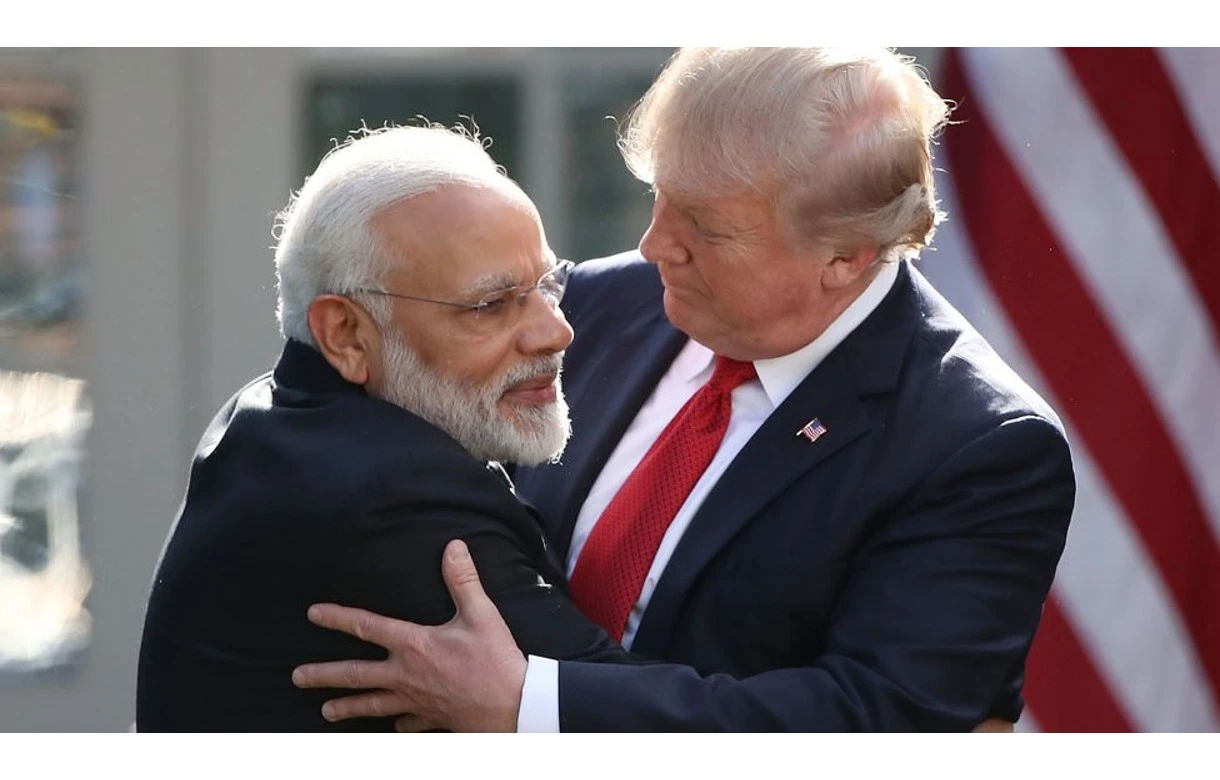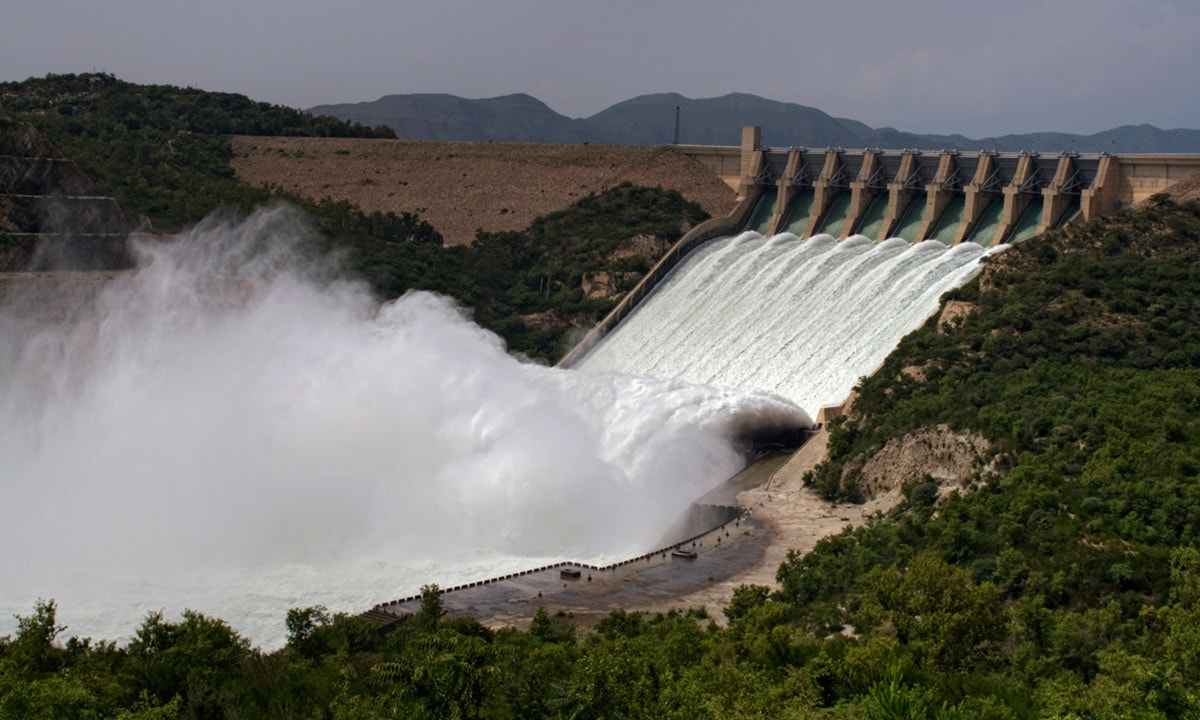Latest world news
Pak foreign minister Asif sings familiar tune: Blames India for all troubles and hails Pakistan’s peace initiatives
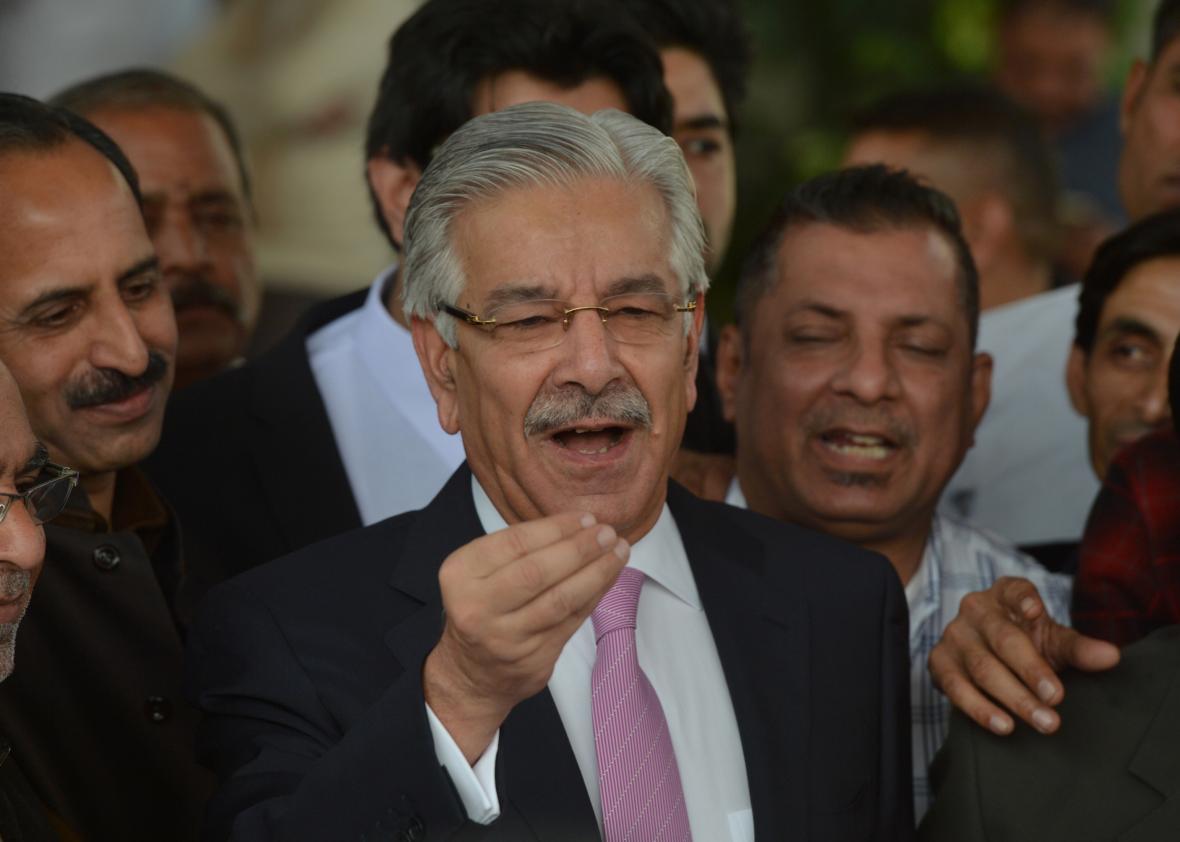
India News
Markets surge as Nifty jumps 750 points after India-US trade deal
Indian equity markets rallied sharply with Nifty and Sensex posting strong gains after the India-US trade agreement announcement.
Latest world news
Trump announces trade deal with India, claims New Delhi will stop buying Russian oil
Donald Trump announces a trade deal with India, reducing US tariffs to 18 per cent and claiming New Delhi will halt Russian oil purchases.
Latest world news
India rejects Hague court proceedings on Indus Waters Treaty
India has reiterated it will not participate in Hague arbitration proceedings under the Indus Waters Treaty, stating the agreement remains in abeyance following the Pahalgam attack.
-
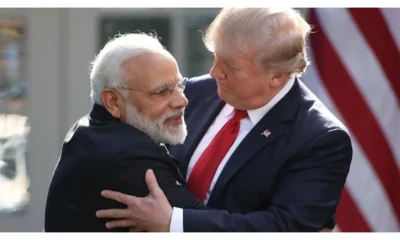
 Latest world news14 hours ago
Latest world news14 hours agoTrump announces trade deal with India, claims New Delhi will stop buying Russian oil
-

 India News14 hours ago
India News14 hours agoMarkets surge as Nifty jumps 750 points after India-US trade deal
-

 India News14 hours ago
India News14 hours agoUS-India trade deal to strengthen strategic partnership, says Amit Shah
-

 India News14 hours ago
India News14 hours agoIndia welcomes US tariff cut as PM Modi thanks Trump for easing trade barriers
-

 LATEST SPORTS NEWS13 hours ago
LATEST SPORTS NEWS13 hours agoPakistan looks to force majeure as India boycott threat looms in T20 World Cup
-

 India News10 hours ago
India News10 hours agoSupreme Court raps Meta over WhatsApp privacy policy
-

 India News6 hours ago
India News6 hours agoMamata Banerjee alleges mass voter deletions in Bengal, targets Election Commission
-

 India News5 hours ago
India News5 hours agoRahul Gandhi, Centre clash over Ladakh deepens as eight Congress MPs suspended











